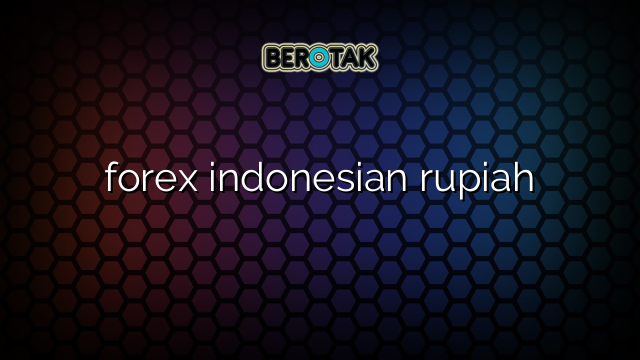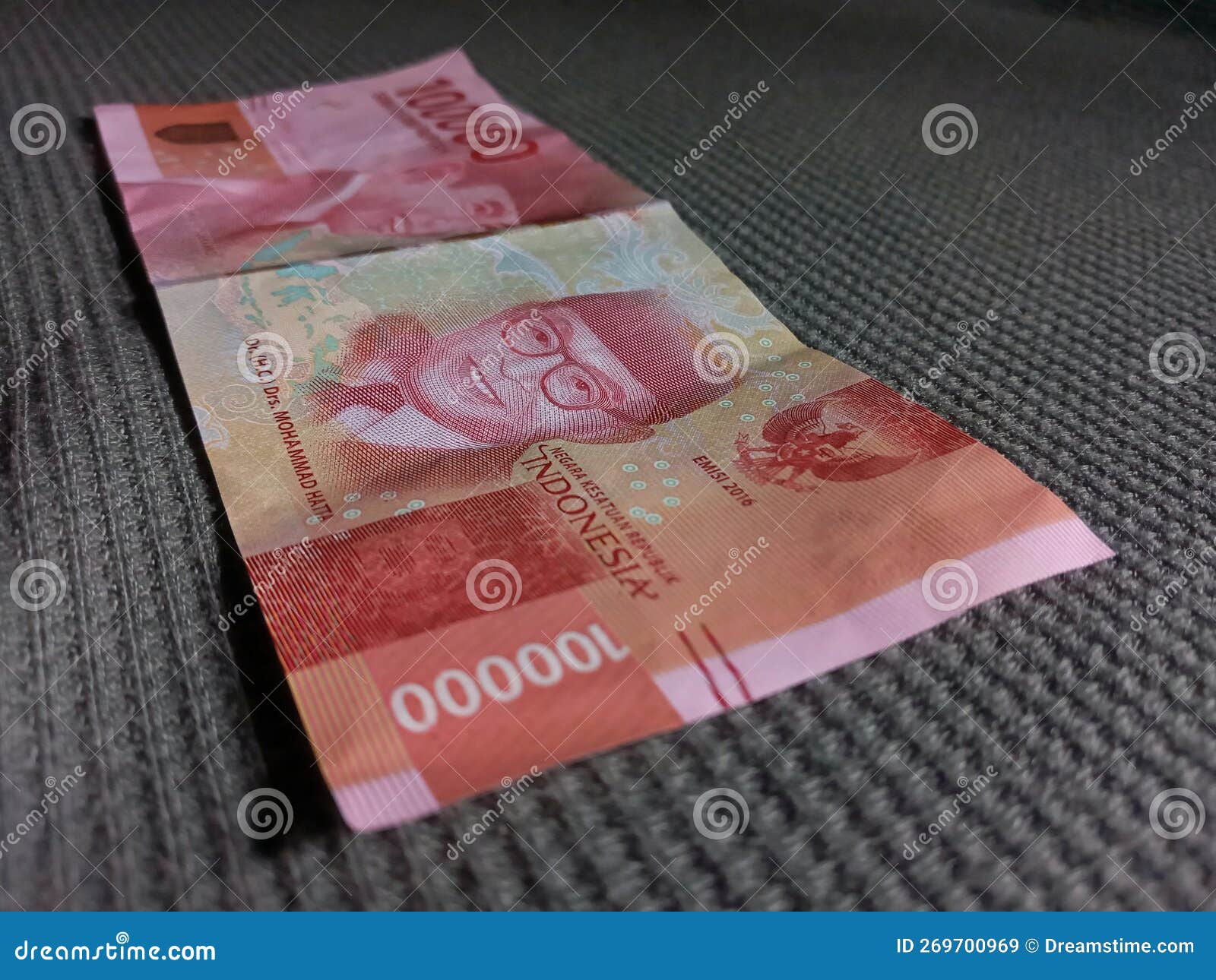In the realm of international finance, the Indonesian rupiah (IDR) holds a significant position as the official currency of the world’s fourth most populous country. Forex cards, as a secure and convenient tool for managing currencies on the go, play a pivotal role for individuals traveling to and within Indonesia. This article delves into the intricacies of Indonesian currency in forex cards, providing an in-depth analysis of its advantages, limitations, exchange rate considerations, and practical usage for travelers.

Image: www.berotak.com
Forex cards offer a host of benefits for travelers handling Indonesian currency. Firstly, they eliminate the need to carry large amounts of cash, reducing the risk of theft or loss. Secondly, forex cards typically offer competitive exchange rates compared to traditional currency exchange bureaus, resulting in potential savings for travelers. Thirdly, the ease of use and wide acceptance of forex cards at ATMs, point-of-sale terminals, and online merchants make them highly convenient.
Navigating Indonesian Currency on Forex Cards
When using a forex card in Indonesia, it is essential to understand the currency loading process. Forex card providers typically allow users to load multiple currencies onto a single card, including the Indonesian rupiah. Travelers can load IDR onto their card before departure or once in Indonesia through partner banks or authorized currency exchange outlets.
The exchange rate is a crucial factor to consider when using a forex card for Indonesian currency transactions. Forex card providers usually apply a spread, or markup, to the prevailing market exchange rate when converting currencies. This spread can vary between providers, so it is advisable to compare rates before selecting a card. Additionally, some forex cards charge additional fees for overseas transactions, such as ATM withdrawals or currency conversions.
Using Forex Cards in Indonesia
Forex cards provide a seamless and secure payment method in Indonesia. They are widely accepted at ATMs, where travelers can withdraw Indonesian rupiah in local currency. However, it is important to note that withdrawal limits may apply, and some banks may charge fees for ATM withdrawals. When making purchases at retail stores or restaurants, forex cards can be used just like regular debit or credit cards, with the amount deducted from the loaded IDR balance.
Online transactions in Indonesia can also be conveniently made using forex cards. Many e-commerce platforms and online merchants accept forex cards as a payment method, allowing travelers to purchase goods and services without having to worry about currency conversion or additional fees.

Image: www.dreamstime.com
Indonesian Currency In Forex Card
Cautions and Considerations
While forex cards offer many advantages, there are certain cautions and considerations to keep in mind. It is essential to safeguard your card’s PIN and protect it against unauthorized access. Additionally, travelers should be aware of the fees associated with forex card usage, such as ATM withdrawal fees, currency conversion spreads, and inactivity fees.
Forex cards are generally not suitable for long-term storage of funds due to potential inactivity fees or currency fluctuations. Travelers are advised to use their forex cards primarily for short-term travel purposes and to consider alternative options for managing larger sums of money.
Conclusion
Forex cards revolutionize currency management for travelers to Indonesia, offering a secure, convenient, and cost-effective way to handle Indonesian currency. By understanding the process of currency loading, exchange rates, and usage considerations, travelers can optimize the benefits of forex cards and enjoy a seamless financial experience during their trip. Whether exploring the bustling streets of Jakarta or discovering the serene beaches of Bali, forex cards empower travelers to navigate Indonesian currency with ease and maximize their experience in this vibrant and diverse country.






